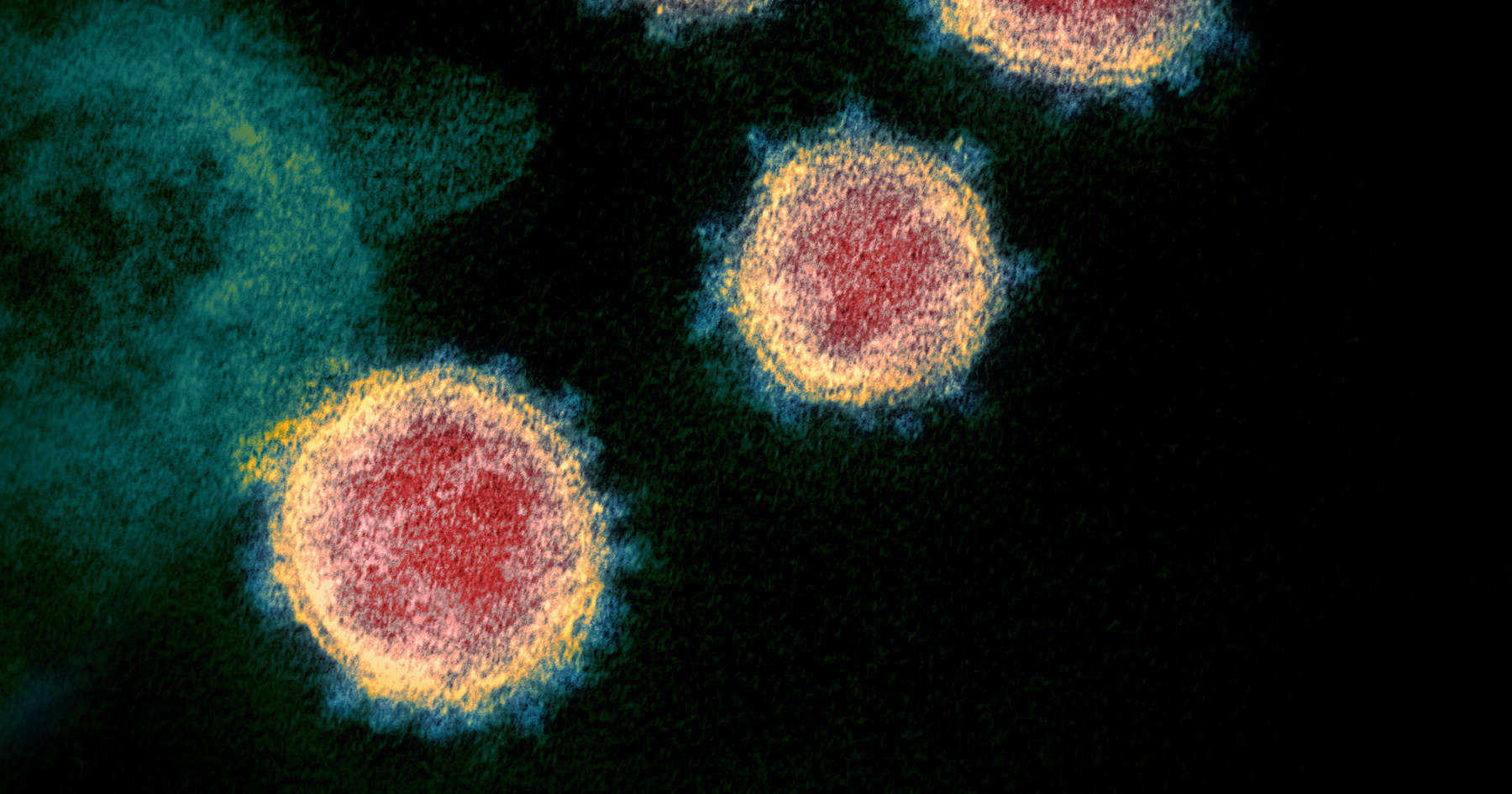Alberta’s decision to reduce access to publicly funded COVID-19 vaccines so far appears to set the province on a different course than many other Canadian jurisdictions.
Most Albertans will no longer be eligible for a free COVID-19 shot this fall.
The provincial government recently announced plans to limit coverage to specific high-risk groups, including Albertans living in care homes and group settings, those receiving home care, people on social programs such as AISH, and immunocompromised individuals.
All other seniors, pregnant Albertans and health care workers are not included, despite strong recommendations by the National Advisory Committee on Immunization (NACI) that they should be vaccinated. NACI also recommends that everyone else may receive an annual dose.
Comments closed
